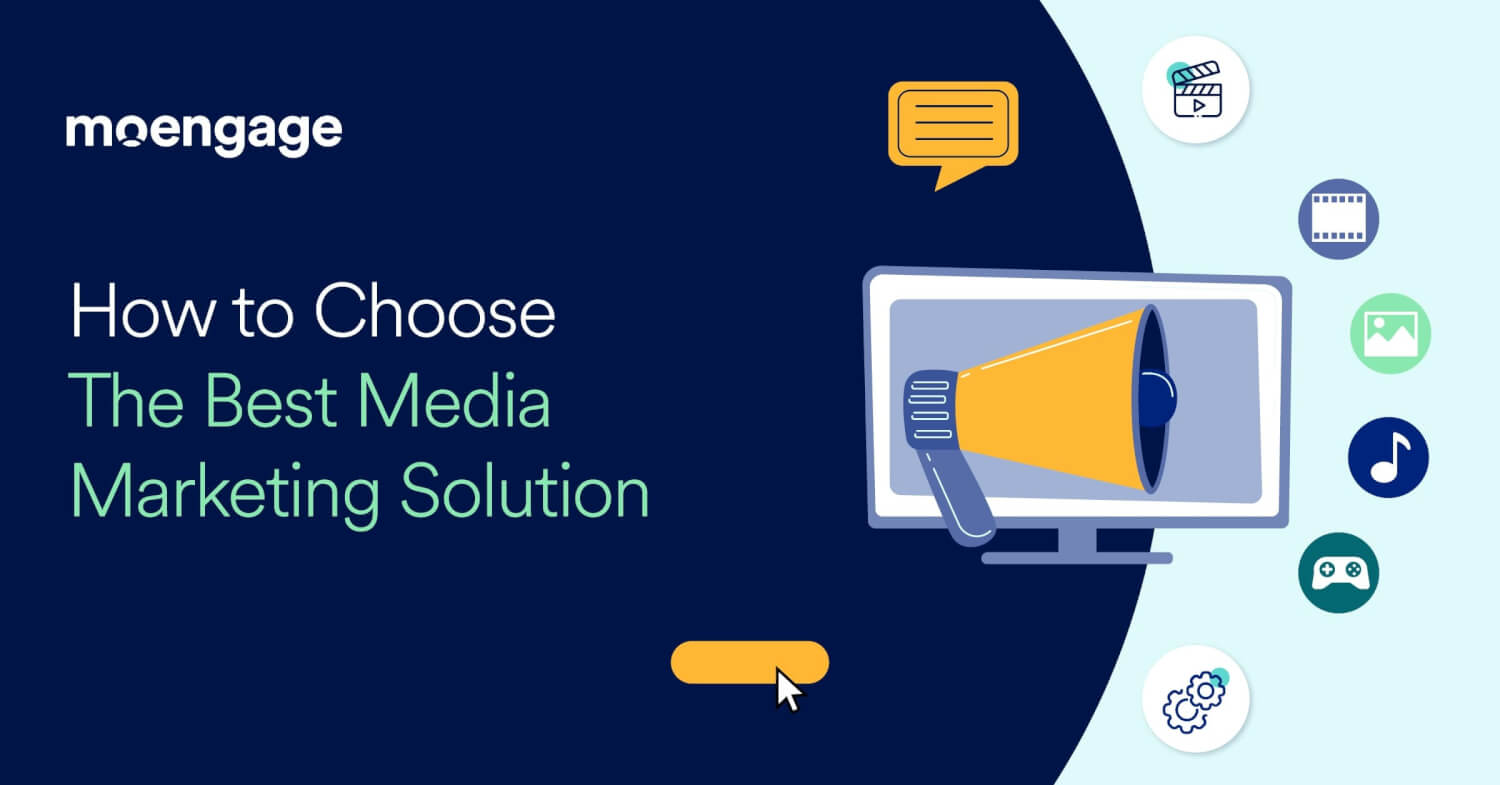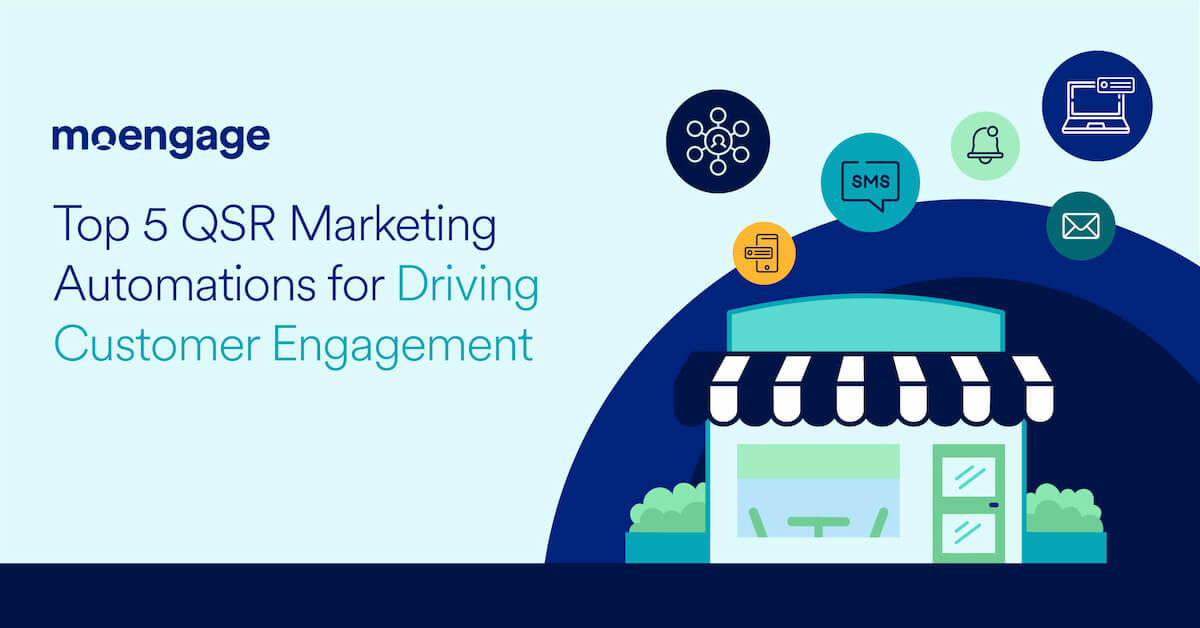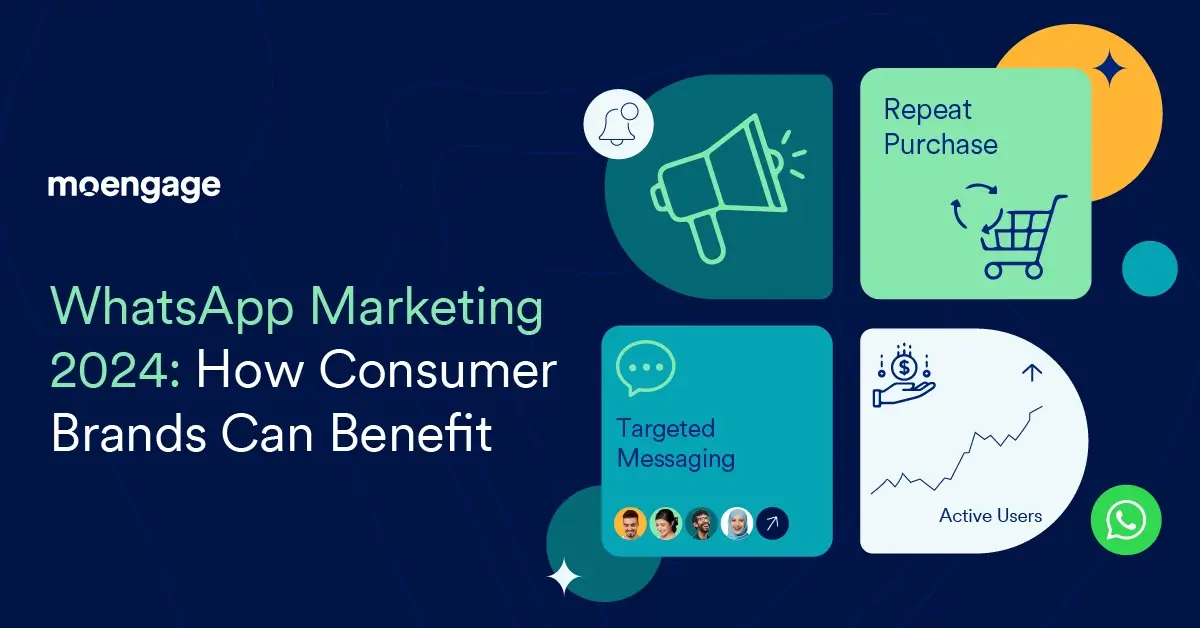How to Choose an Enterprise Marketing Automation Platform?

Reading Time: 5 minutes
|
Marketing automation has caught the imagination of start-ups and large enterprises alike. Per a Forrester report, companies will spend over $25.1 billion every year on marketing automation platforms by 2023.
What Makes Enterprise Marketing Automation so Popular?
Let’s say you are a retailer who wants to notify clients about the new arrivals and holiday offers at your store. Would you send a generic email to everyone? Would you send the same offer to loyal customers and new buyers? Or would you prefer to promote offers on mobile phones to someone who’s purchased a new phone from you recently? Most likely no. Such marketing communication appears impersonal, and the recipient might unsubscribe from your mailing list.
If interested, take a look at the challenges of enterprise marketing teams and how to solve them.
Consumers today prefer personalized communication. Aren’t we delighted when Netflix recommends videos based on our past viewing history? A personalized email or push notification from your brand helps build trust and encourages customers to engage with you further. It’s time-consuming to segment individual users based on their behavior, interests, demography, and other such attributes. This is where the marketing automation platform helps.
- Saves Time: Your teams don’t have to spend time performing rote marketing activities such as sending e-mails or posting on all the social media. Marketing automation helps you create and deliver 1:1 emails, notifications, SMS to users giving them a human-like experience. Your teams can focus on tasks that need creative and cognitive skills.
- Implement a Data-driven Approach to Marketing: “The campaign was better than the last one,” “We could have written a better copy,” “The first subject line might have worked better.” Does this post-campaign discussion sound familiar? Marketing automation eliminates guesswork from marketing and arms your teams with measurable data and shows you what worked and what didn’t in a visual and digestible format. Custom reports can help you make better marketing decisions.
- Align Your Sales and Marketing Teams: Organizations would like to align sales and marketing teams for better business results. Marketing automation helps you realize this for your company. Your marketing and sales teams can collaborate to build a pipeline, score leads based on their behavior, and close the deals by focusing on prospects who’ve displayed high intent.
- Personalize User Engagement: You can integrate your Customer Relationship Management (CRM) system with a marketing automation platform to track the behavior of your offline and online customers, the websites they visit, the content they engage with, and much more. This in-depth data helps in customizing the marketing communication sent to the customer and guides them to the bottom of the sales funnel.
How to Choose the Right Marketing Automation Platform?
Now you know the advantage of marketing automation platforms, and might want to discuss it with your team and management. But before you send that meeting invitation to everyone, you need to understand that there are various marketing automation platforms available in the market today. Shortlist the best fit for your organization before you make your recommendations to the management and the team. Here are five questions that you can ask yourself and the automation partners before you choose the right platform for your company.

Q1. Is my organization ready for automation?
Automation tools require investment. So, determine if your organization is prepared for it. Ask yourself a few questions such as – do you have a considerable size sales and marketing team and well-thought lead closure process to leverage on the tools? Do you have the necessary budget to invest in the automation platform and its subsequent maintenance charges (if any)? Do you have skilled resources who can be trained to handle the tool independently? Is it possible to work without automation? The answer to these questions will help you determine if a marketing automation tool is necessary or if it can be considered in the future.
Q2. Why do I need a marketing automation platform?
Every platform has different capabilities and features. Understanding the purpose of automation for your organization will help you select the right one. Do you need a one-stop solution to manage all the activities or do you want a tool to specifically help you with activities such as lead scoring, email marketing, social media posting? List down the activities that consume most of your team’s time or the ones that require in-depth data and look for the best platforms that address your problem.
Q3. What are the questions to ask the automation partner?
To finalize the right one, you must ask the vendors some hard-nosed questions such as:
- Is the tool business-agnostic in any way?
- Does it offer data privacy?
- Is the interface user-friendly?
- Is the platform customizable according to business?
- Can you automate the customer journey to ensure a seamless user experience across touchpoints?
- Will you be able to generate custom reports and analytics to suit your business needs?
- What kind of support does the partner provide?
- Can it be integrated with your CRM?
- Will your team be trained to use and troubleshoot it independently?
Q4. How to choose the right marketing automation partner?
Once you’ve discussed the above questions with the automation partner, gather information on performance data and business use cases relevant to your industry. Look for online reviews, talk to their existing clients and determine if they deliver what they promise.
Q5. Will the platform be useful in the future?
Business needs change every time. It’s important that the chosen platform adapts to the changing needs seamlessly. To determine if the platform will be useful in the future, ask your vendor if the platform will be scalable especially during expansion, and if they add new features to the software frequently according to the changing business environment. If the reply to both is affirmative, then you can discuss with the management and your team on implementing it.
As more and more users choose to interact with brands in the digital world, online user engagement is no more an option for companies. Forward-thinking brands that have realized this shifting trend have also started digitally transforming their business processes and their marketing strategies for the online world and marketing automation will help you offer a personalized user experience to your customers across channels and platforms.
Want to know more?
Send your queries at [email protected]; we will be happy to discuss more on advanced marketing automation tools and strategies.
The post is originally published here at Digital Market Asia.







